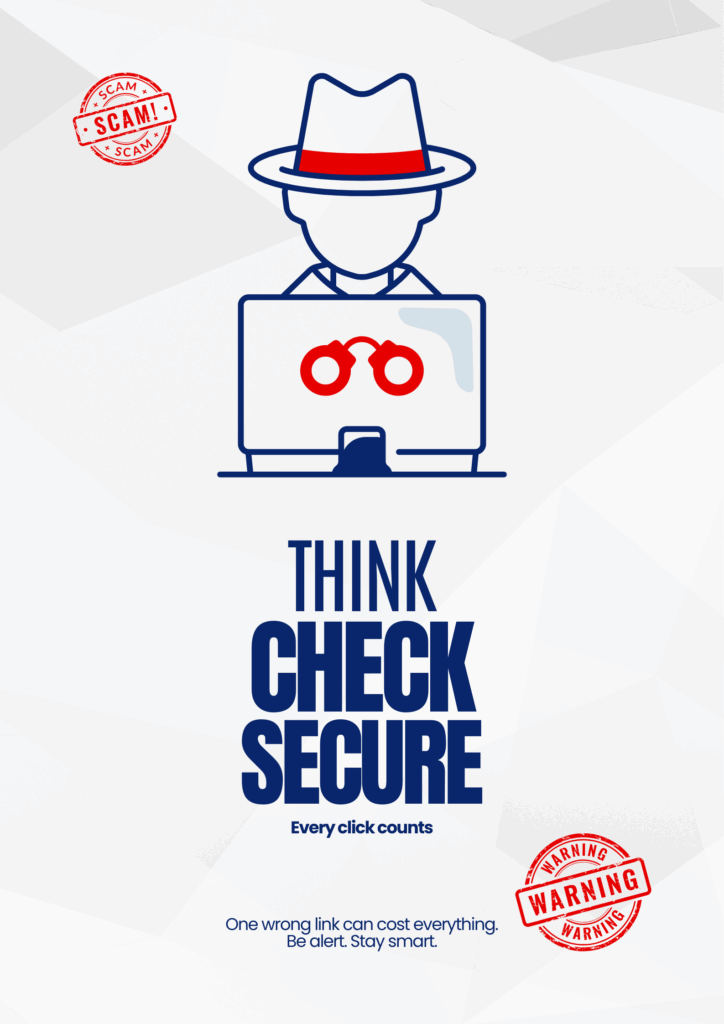What is Dating or Romance Fraud?
Romance fraud is when someone tricks you into believing you’re in a real romantic relationship so they can take your money. These scammers often spend weeks or even months building trust. They say all the right things and act like they care about you. But it’s all a lie to get money out of you.
They might ask for money for things like:
Emergency medical bills
Travel to come and see you
Help with a family problem or visa
These people often say they are overseas or can’t meet in person. They can be very convincing and kind – but it’s all part of the scam.

Signs Someone You Know Might Be a Victim
They are secretive about a new relationship online.
-
They make excuses for why their “partner” can’t video call or meet in person.
-
They get upset, angry, or stop talking when you ask questions.
-
They feel very strongly about someone they’ve never met in person.
-
They have sent or plan to send money, sometimes even taking out loans or using their pension.

Recognise
Protect & Report
24/7 Incident Hotline
Step-by-Step: What To Do If You Suspect a Scam
1. Pause and Think
Don’t rush into sending money or sharing personal details. If the story feels too emotional or urgent – it’s okay to step back and think.
2. Talk to Someone You Trust
Whether it’s a friend, family member, or SafeHaven advisor – get a second opinion. Often others can see red flags more clearly.
3. Take Action and Report
Call your bank immediately if you’ve sent money. Then report the scam to Action Fraud or Police Scotland.
Stay Safe While Dating Online
Be Careful with What You Share
Don’t give out your full name, home address, or financial info – even if the person seems trustworthy.
Stay on Trusted Platforms
Scammers often try to move you off dating sites quickly. Stay where it’s safer and conversations are monitored.
Trust Your Instincts
If something doesn’t feel right, it probably isn’t. A genuine person will understand if you need time or ask questions.
Your Questions Answered
How do I know if someone online is a scammer?
Look out for love-bombing (strong feelings too fast), excuses to avoid meeting, and requests for money or personal details. Scammers often seem too good to be true.
I’ve already sent money – what should I do now?
Contact your bank immediately to stop any further payments. Then report the scam to Action Fraud or call 0300 123 2040.
Can scammers use my identity if I sent ID or bank info?
Yes – it’s important to check your credit report and consider contacting CIFAS for extra protection.
What if I’m embarrassed to tell someone?
You are not alone. These scammers are very convincing – it’s not your fault. Speaking to someone you trust or a professional support service is a brave first step.
Can SafeHaven Recovery help me?
Yes. We offer guidance, emotional support, and help you take steps to protect yourself and recover. We’re here to listen without judgement.
